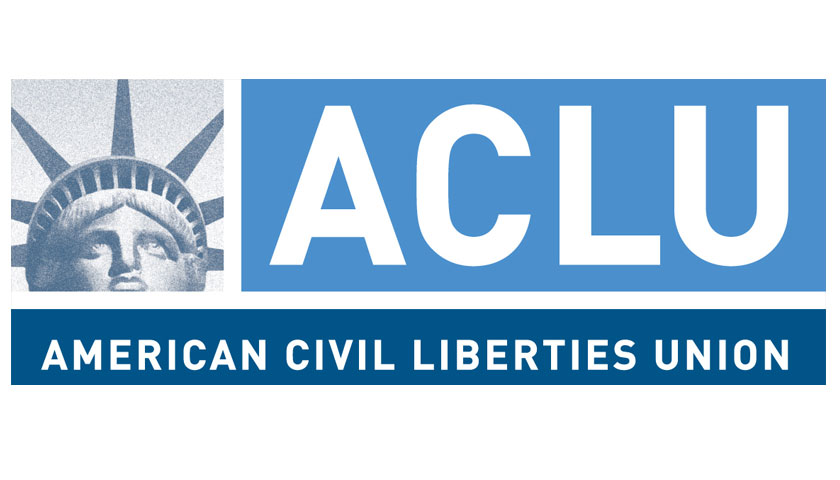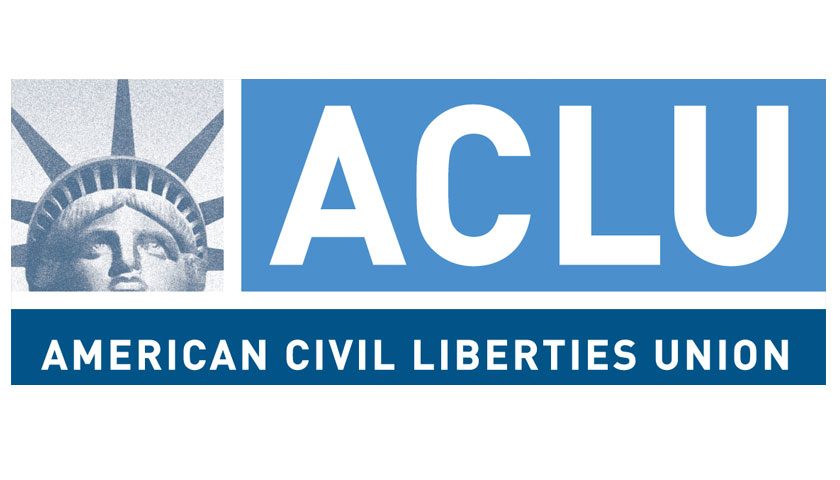The American Civil Liberties Union and the Electronic Frontier Foundation have filed a friend-of-the-court brief in support of an appeal filed by the Reporters Committee for Freedom of the Press. The brief argues that RCFP has standing to sue to access search warrants and other materials related to the Stored Communications Act (SCA) sealed by a federal district court. The federal district court’s decision that RCFP lacks such standing — and to keep this vital information under seal — contradicts decades of First Amendment and common law broadly granting organizations and the public the right to petition for unsealing.
The SCA authorizes the government to access, among other things, the content of a subscriber’s electronic communications by obtaining a warrant. SCA warrants and related court records, including dockets, are routinely filed and maintained under seal in federal district courts around the country without any reason as to why such secrecy is necessary. In October 2022, the Minnesota District Court denied RCFP’s request to unseal this information, stating that RCFP “does not allege that it has any intent, much less an imminent intent, to access or inspect any of the materials that it seeks to unseal.”
As the ACLU and EFF’s brief to the U.S. Court of Appeals for the Eighth Circuit explains, the lower court’s decision wrongfully cuts off court access in cases where, historically, access has proved important. “The Reporters Committee’s unsealing petition is a prime example of how secrecy can frustrate the public’s ability to even learn about the existence of certain judicial records, in this case, law enforcement requests for court authorization to engage in surveillance or to obtain people’s private data,” the brief reads. Keeping this information under seal implicates “people’s free speech and privacy rights, both in the physical world and digitally.”
In most places, the press and public have no way of knowing how many SCA warrants the government applies for, what kinds of records it’s seeking, what information the government presented to support its warrant applications, and how many of the applications are granted or denied.
The amicus brief can be found online here.

